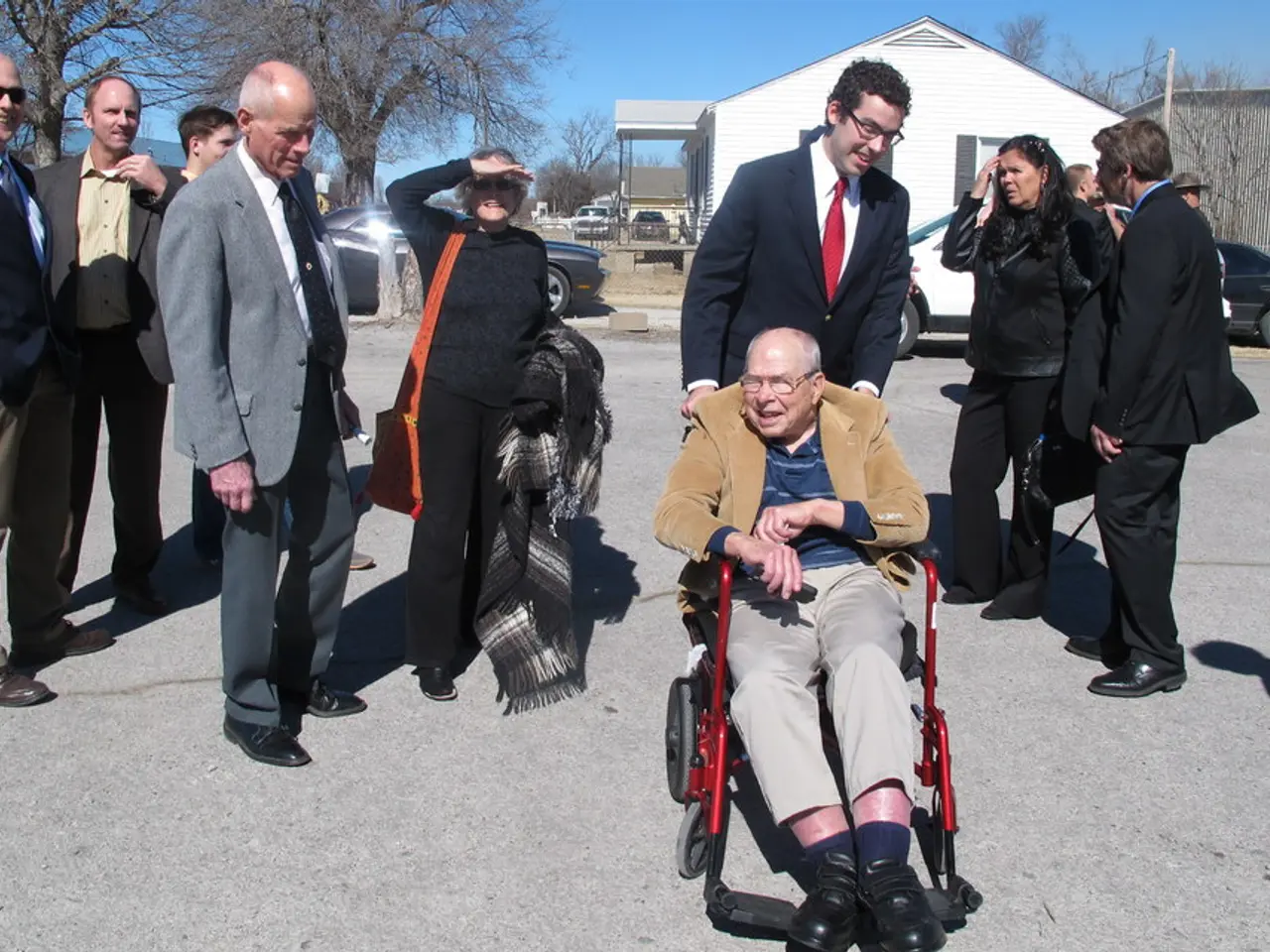Fresh approach addresses inadequacies in housing for the disabled community
Partners in Care and Health (PCH), a collaboration between the Local Government Association and Association of Directors of Adult Social Services, is working tirelessly to help councils improve their adult social care and public health services. One of their key initiatives is the development of a guide designed to assist organizations and local authorities in creating effective housing pathways for autistic individuals and those with learning disabilities.
The Campbell Tickell guide on developing a housing support pipeline is a valuable resource that offers a practical framework and best practice principles to improve housing access for these vulnerable groups.
Key Aspects of the Guide
The guide emphasizes several crucial elements to ensure a smooth and effective housing transition process:
- Understanding Needs and Preferences: It stresses the importance of assessing the specific housing, support, and accessibility needs of each individual, recognizing that these needs vary greatly from person to person.
- Creating a Clear Housing Pipeline: The guide outlines how to develop a structured housing pipeline, a step-by-step process from assessment, planning, housing identification, moving in, and ongoing support, to avoid delays and gaps in housing transitions.
- Person-Centered Planning: It underscores the significance of involving individuals and their families/advocates in decision-making to ensure that housing options align with their preferences and promote independence, dignity, and social inclusion.
- Collaboration Across Sectors: It encourages partnerships between housing providers, local authorities, health and social care services, and specialist support organizations to coordinate efforts and resources effectively.
- Building a Range of Housing Options: The guide promotes developing diverse housing types and models to meet varying needs, such as supported living, shared accommodation, or specialist schemes.
- Supporting Transitions: It highlights managing transitions, for example, from childhood to adulthood or from institutional settings to community living, with continuity and stability in housing.
How It Aims to Improve Housing Access
The guide aims to improve housing access by:
- Reducing Bottlenecks and Waiting Times: By having a clear housing pipeline and coordinated approach, individuals can access housing more quickly.
- Ensuring Suitable and Sustainable Housing: Matching housing options to individual needs lowers the risk of breakdown and rehousing.
- Increasing Choice and Control: Person-centered approaches empower autistic individuals and those with learning disabilities to have greater voice in where and how they live.
- Strengthening Multi-Agency Collaboration: Better collaboration means pooling expertise and funding, leading to more innovative and responsive housing solutions.
- Improving Outcomes: Stable housing supports better health, wellbeing, and community integration.
In summary, the Campbell Tickell guide provides a practical framework and best practice principles to help improve how autistic individuals and those with learning disabilities find and maintain housing that supports their independence and quality of life.
The guide is available for viewing at Developing a housing with support pipeline for people with a learning disability and autistic people | Local Government Association. PCH continues to assist the Government in understanding the challenges faced by the adult social care and public health sector and works diligently to develop solutions that improve the lives of those who need it most.
- The Local Government Association, collaborating with the Association of Directors of Adult Social Services through Partners in Care and Health, has developed the Campbell Tickell guide on creating a housing support pipeline for autistic individuals and those with learning disabilities, emphasizing the importance of understanding their unique needs, preferences, and mental health considerations.
- To promote effective housing transitions and reduce waiting times, the guide encourages a collaborative approach across sectors, encompassing housing providers, local authorities, health and social care services, mental health specialists, and the community, while also ensuring a range of sustainable housing options that cater to diverse needs and promote independence, dignity, and social inclusion.
- By implementing the practical framework and best practice principles outlined in the Campbell Tickell guide, local governments can foster health-and-wellness outcomes for autistic individuals and those with learning disabilities, not only improving their housing access but also their overall quality of life.




